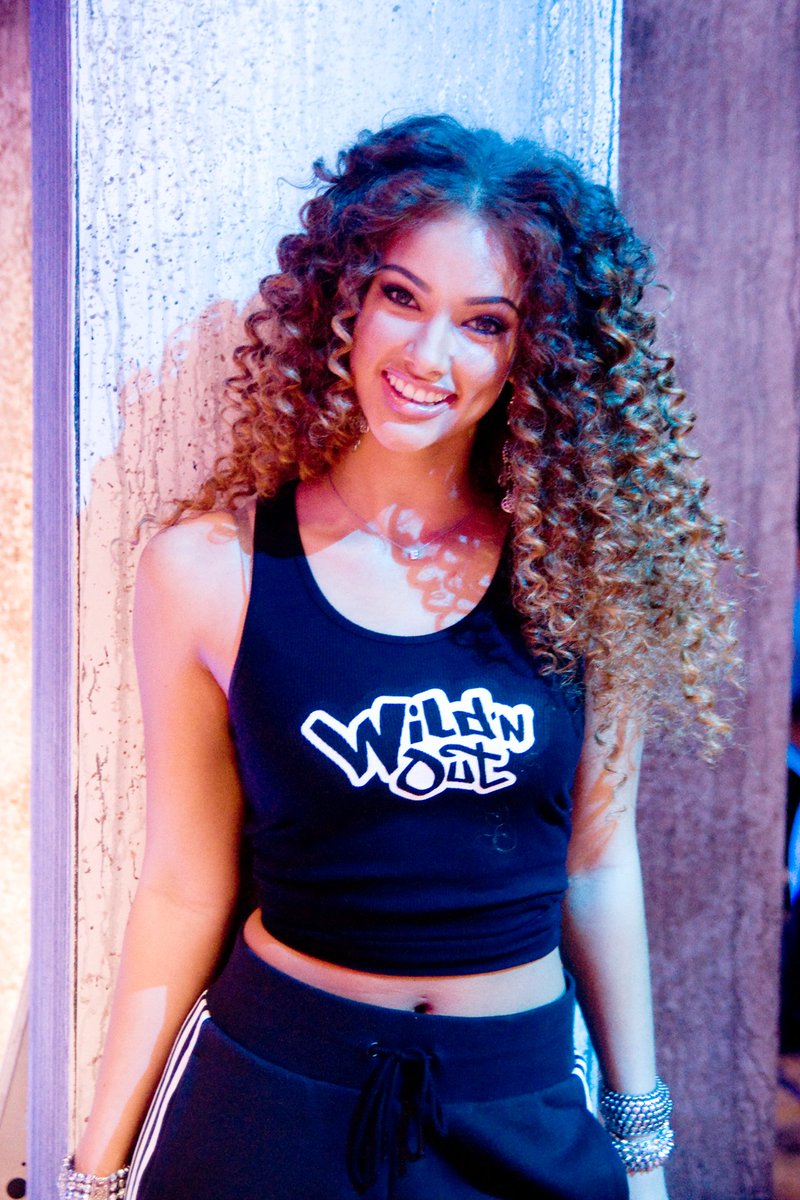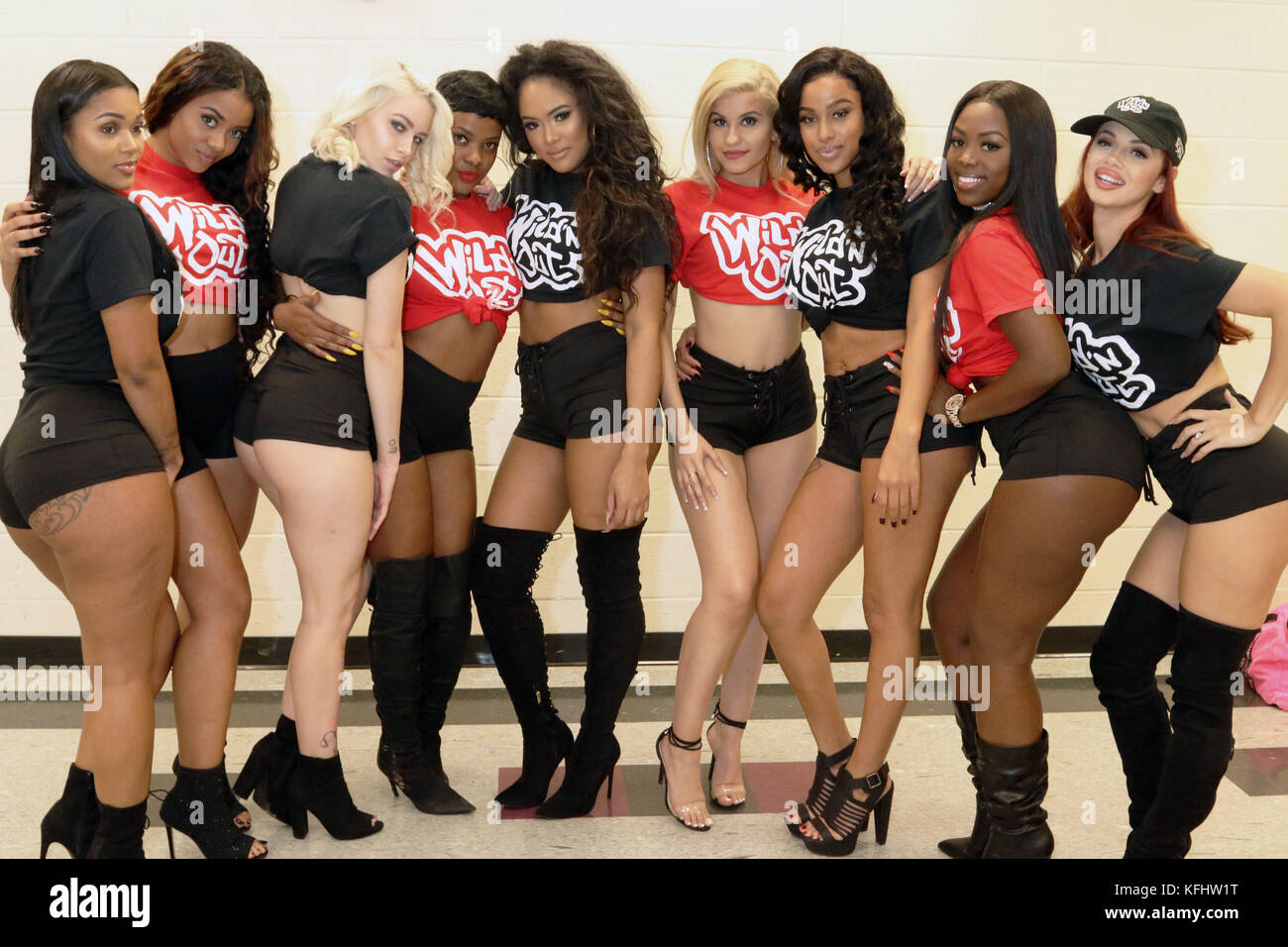
The women enter their late 20s with a sense that they haven’t fulfilled the promise of their younger, idealistic selves. Only by an act of concentration worthy of Rodin’s Thinker could Allen remember women existed at all.” Brett leaves Paris, loses touch with Allen, and moves on, as one does when one has tried something and found it not to her liking. And Allen? In his roll call of all that was holy women hadn’t made the cut. Gregory and Cassady screwed them, Burroughs shot them in the head. Abeel’s telling, the Beats are mortal: men who bungle their way through life like the rest of the population men who, in Brett’s interpretation, treat women as nothing more than “footnotes.

Allen came on like a den mother, hawking their manuscripts, tending to meals.” In fact, they seemed like each other’s wives. “Actually, Brett had more than once wondered how, exactly, a few writer friends - Allen, Gregory, Burroughs, Kerouac - comprised a ‘generation.’ They seemed more a group of loyal buddies than a literary movement. At first, Brett worships Allen Ginsberg - whose sexual fluidity gives Brett hope that he might, one day, worship her back - but gradually her reverence is tempered by reality. Abeel writes about this time period speaks to the author’s personal experience: She was there. She knocked off an article for Mademoiselle called ‘Manspeak.’ ”Īfter the three graduate, Brett goes to Paris to ingratiate herself with the Beats. That’s why there were no female Einsteins, Audrey thought irritably women wasted their best years trying to decode male language. used language as a kind of test drive to see how things might play out, but with no commitment to making them actually happen.
Audrey, an aspiring author who’s just sold her first book, comes to the conclusion that “Men. The sentences, even when the characters aren’t speaking, read like the quick back-and-forth dialogue of movies such as “The Apartment” and “How to Marry a Millionaire.” The book is peppered with wry observations about the hypocrisies of men, of women, and of the consequences of attempting to carve out a career as a woman in a man’s world. Of course, in the world of fiction, anyone who sets out with such good intentions is bound to veer off course. little band would not fall into line so fast, oh no they’d flex their talent in some gleaming, if amorphous future almost certainly involving the arts.” She and the friends were warriors pitted against everything the wanted everything the world insisted you want: marriage, three weeks after graduation to a fellow who worked at General Motors, end of story. “Brett sometimes thought of Lyndy’s crowd and her own trio as two distinct species peaceably co-habiting the same savannah. Someone produced, to a chorus of groans, a box of Sara Lee brownies, and discussion shifted to the nature of despair in Kierkegaard’s ‘The Sickness Unto Death.’ ”īrett, Audrey, and Julia are disparaging of girls “with careful hair and careful bodies,” girls like Lyndy Darling, who viewed marriage as the ultimate goal: Abeel, a master of the sardonic voice, sets a scene in which coeds are clustered in a “dorm’s common room for a bull session on the meaning of life. “Erica Abeel’s “Wild Girls” follows Brett, Audrey, and Julia, friends who meet at Foxleigh - an amalgam of Barnard and Smith - as they negotiate the changing landscape of a woman’s place in America from the 1950s through the early 2000s.

The pill displacing the diaphragm, and lust unleashed.

The end of men’s hats and ladies’ garter belts. “Finally, an examination of the female mind at the end of the Eisenhower era. “This libidinous period novel follows three budding feminists through an elite women’s college, the New York art scene, and Allen Ginsberg’s bed, as they redefine womanhood for themselves and future generations.” Oprah magazine features WILD GIRLS in its “10 Titles To Pick Up Now” in its issue of January 2017. ‘Wild Girls’ Follows Women Rebels of the 1950sĪll About the Books with Janet Squires Praise & Reviews News/Features:Ĭolumbia Magazine: New and Noteworthy Releasesĭancing Past the Beats: A Woman’s Journey in the 50’s The novel follows them from an elite northeastern college, to Paris with Allen Ginsberg, to New York’s avant-garde scene in the early sixties, to a “cottage” in Newport, to the slopes of Zermatt, to Long Island’s Gold Coast, as it celebrates the nimbleness and nerve of women who defied an entire culture to invent their own journey. These “wild girls” pay heavy penalties for living against the grain, but over the years rebound and re-set their course, drawing strength from their friendship. Three college friends from the 50s blaze their own path in love and work, braving the stifling conventions of the age, and anticipating the social thaw that would arrive ten years later.


 0 kommentar(er)
0 kommentar(er)
